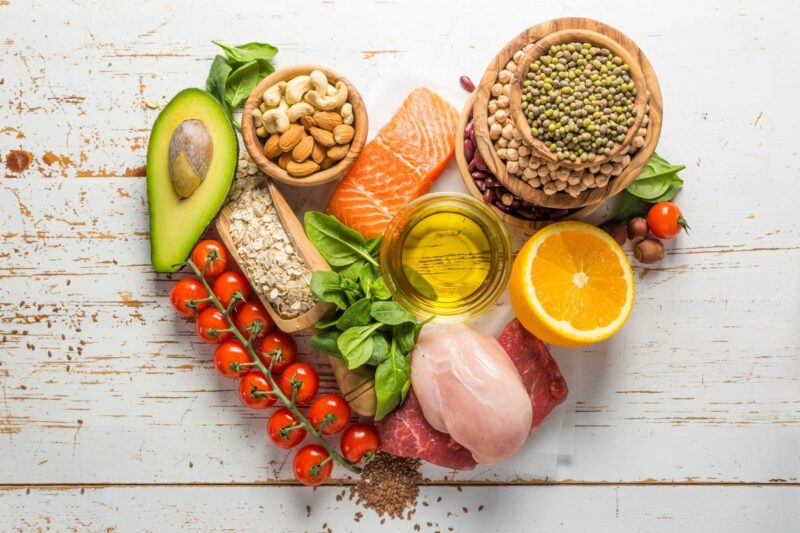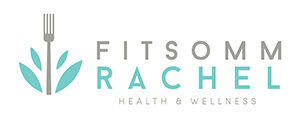7-Day Mediterranean Diet Meal Plan

The Mediterranean Diet has sustained its reputation as one of the world’s healthiest diets for more than two decades. When it first gained popularity in the United States in the 1990s, most Americans thought a heart-healthy diet restricted not just saturated fat, but all fat, leading people to favor low-fat and no-fat options (HELLO increase in sugar and processed foods consumption!!!!). Despite a higher consumption of fat in Mediterranean countries like Italy and Greece, the prevalence of heart disease, obesity, and cancer is low. As research continues to support the consumption of healthy fats, the Mediterranean Diet holds strong with its emphasis on nourishing fats.
Here’s what you should know about the Mediterranean Diet’s core healthy fats:
Olive oil
• Good source of monounsaturated fat, which keeps arteries flexible and lowers blood pressure, reducing the risk of cardiovascular events.
• High in antioxidants like polyphenols and vitamin E.
• Helps support absorption of fat-soluble vitamins (A, D, E, and K).
• Great for dressings and low- or medium-heat cooking but may start to break down and create free radicals at temperatures over 380°F.
• Look for extra-virgin, cold, or expeller-pressed oils in dark containers that include a “harvest” date rather than a “best by” date.
Nuts and seeds
• Almonds, cashews, pine nuts, tahini, pistachios, walnuts, and hazelnuts are good sources of monounsaturated and polyunsaturated fatty acids, protein, magnesium, and iron.
• Store in cool, dark places to protect them from going stale and their oils from oxidizing (going rancid).
• Very nutritious but are high in calories when consumed in excess.
• Be mindful of serving size – one serving of nuts is typically one ounce, or one small handful.
Wild-caught fish and seafood
• Fatty fish, such as salmon, herring, and mackerel, are good sources of omega-3 fatty acids, which help reduce inflammation.
• High in protein and a natural dietary source of vitamin D.
• Stick to simple preparations to preserve nutritional values.
• When caught using responsible methods, wild seafood provides a sustainable source of both heart-healthy fats and protein.
Olive oil, fatty fish, nuts, and seeds are some of the highest quality fat sources you can include in your diet. In addition to being heart healthy, these foods may also support a healthy weight, a reduced risk of diabetes, and improved neurological function. To optimize the positive impact these healthy fats have to offer, choose fresh, properly stored, and properly sourced products.
Download a 7-Day Mediterranean Diet Meal Plan!
This meal plan includes the following recipes:
Lentil & Feta Tabbouleh
Greek Chicken Salad
Mediterranean Tuna Pasta Salad
Roasted Carrots with Lentils & Tahini
Salmon Nicoise Salad
And many more!
